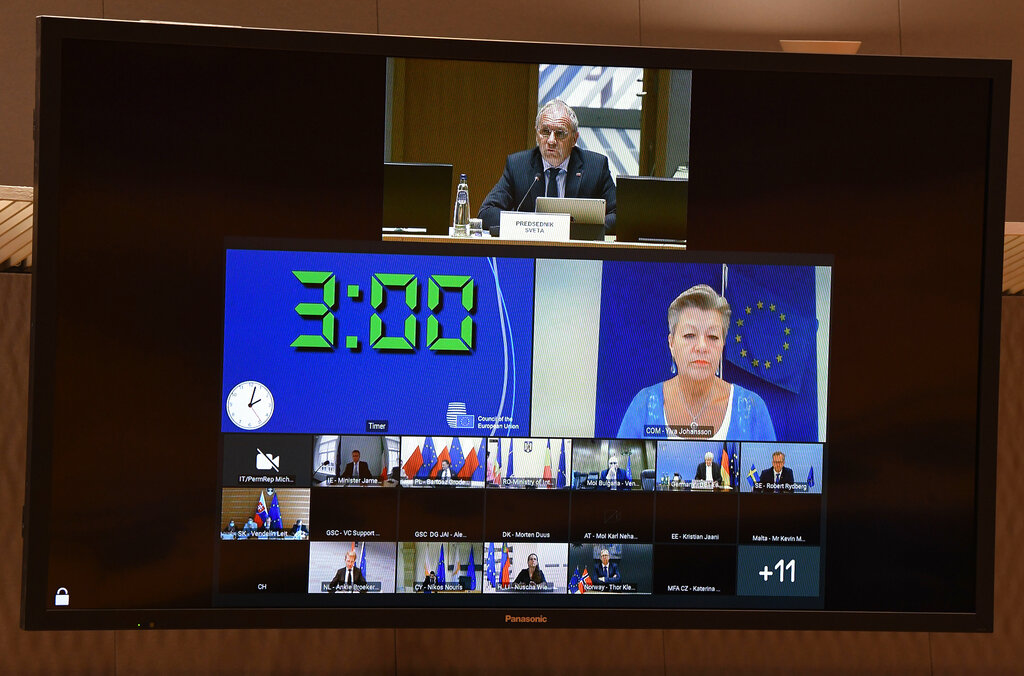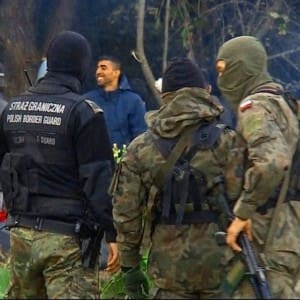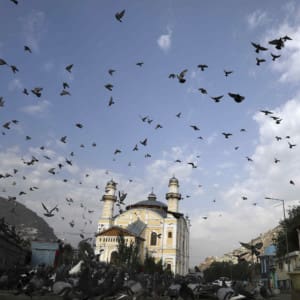Despite increasing resistance from Central European and now other member states like Austria, the European Commission wants EU members to increase their migrant intake quotas to cater to the refugee wave from Afghanistan.
“EU member states should increase their resettlement quotas. The unstable situation in Afghanistan is likely to lead to increased migratory pressures, so we need to be prepared for all possible scenarios,” EU Home Affairs Commissioner Ylva Johansson wrote in a press release following an extraordinary meeting of EU home affairs ministers.
At the same time, member states have struggled with an increased flow of Afghan migrants, many who have trouble integrating into Western societies. Afghans have been implicated in a number of terrorist cases and sexual assaults across Europe. Afghans, for example, of one of the top foreign groups accused of gang rapes in Germany.
Currently, there are over 250,000 people of Afghan origin residing legally in Germany. According to some criminal statistics, Afghans are five times more likely to commit a criminal act than native Germans. However, in some categories, such as sexual assaults, they are 12.5 times more likely to commit an offense than the rest of society.
Austria, which is seeking to avoid settling Afghans in the country, recently suffered a rape case that sparked nationwide outrage. Four Afghan suspects gang-raped and murdered a 13-year-old girl in Vienna. If anything, the case only spurred on Austria’s desire to deport more Afghans, which are also severely overrepresented in crime statistics in the country.
The EU’s commissioner takes another view, however.
“We must not wait for refugees to arrive at the European Union’s external borders,” Johansson added.
The commissioner emphasized that refugees should not be allowed to travel to Europe via unsafe and uncontrolled routes operated by human traffickers, implying direct help should be provided to them. At the same time, she drew attention to the fact that people in immediate danger — Afghan journalists, NGO workers, and women in particular — cannot be left to their fate.
Johansson called on EU member states to “increase their resettlement quotas and offer more opportunities for legal immigration” for those in need of international protection, especially women and young girls.
The issue of vetting many of these Afghans remains a serious hurdle, with many of them having no valid passport or ID. There are also fears that, as in the case of Syria, mostly fighting-age men will be arriving in Europe while the media showcases the plight of women and children who will as a whole represent only a small fraction of those who are actually admitted.
Many countries such as Germany are already struggling to deport Afghans who have been convicted of criminal offenses, with the crisis in Afghanistan expected to only exacerbate this issue.
“This would reflect our comprehensive and balanced approach to migration set out in the new Pact on Migration and Asylum,” she added.
The pact has been criticized as a backdoor agreement that could end up settling over 75 million migrants in Europe, which would substantially alter the demographic picture of Europe.
The EU commissioner pointed out that a significant proportion of Afghan citizens have already fled to neighboring countries in recent years, which is why the EU has provided €250 million in assistance to host communities.
“We need to increase support in line with the situation,” she emphasized. According to European Commission statistics, more than three million people have been displaced in Afghanistan in the past two years. Most have fled from rural areas to the capital, Kabul, with 80 percent of them women and children.
Title image: Slovenian Interior Minister Ales Hojs, top of screen, speaks with European Commissioner for Home Affairs Ylva Johansson, middle of screen, as they participate in an emergency ministerial meeting via video link at the European Council building in Brussels, Wednesday, Aug. 18, 2021.(John Thys, Pool Photo via AP)





